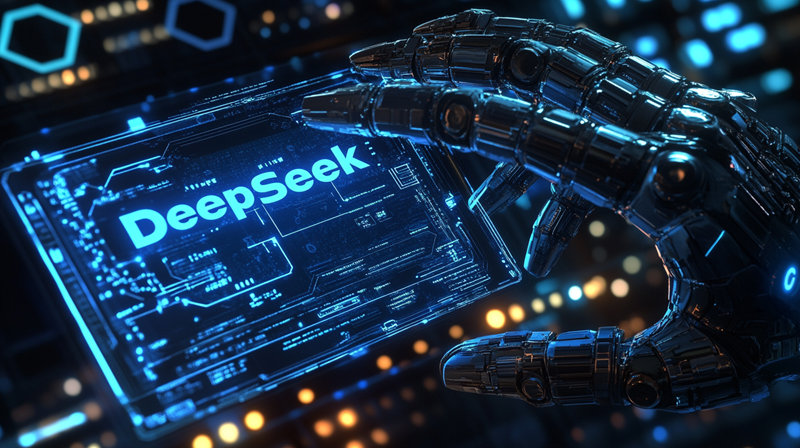In Los Angeles, after prolonged negotiations and strike actions, video game performers have achieved a significant victory. Agreements have been reached between 80 game developers and the Screen Actors Guild, accepting crucial terms regarding the use of artificial intelligence, offering a glimmer of hope to performers who have been on strike due to stalled negotiations.
At the heart of this dispute is the performers' concern over their likenesses and voices potentially being replicated and misused by AI technology. Since July, performers affiliated with the Screen Actors Guild‐American Federation of Television and Radio Artists (SAG-AFTRA) have been on strike. Negotiations with major companies in the gaming industry have been ongoing for a year and a half, but they hit a deadlock over AI protection clauses.

Image source note: The image was generated by AI, provided by the image licensing service Midjourney
Now, the union has announced that these game developers have agreed to the AI terms they sought, allowing the affected performers to return to work. Although negotiations with major companies like Disney, Warner Bros, and Electronic Arts are still ongoing, this development is undoubtedly a positive sign.
Under the new agreement, performers will not only receive salary increases but also protections against "exploitative AI use," as well as safety measures for the physical and vocal demands of their performances. Additionally, the introduction of tiered budget agreements for small independent developers makes collaboration with union performers more feasible while ensuring they receive appropriate protection.
Duncan Crabtree-Ireland, National Executive Director and Chief Negotiator for SAG-AFTRA, emphasized in a statement that the companies agreeing to the union's terms are contributing to "the preservation of the art, humanity, and creativity of interactive storytelling." He noted that the signing of these agreements demonstrates that these terms are not only reasonable but also commercially viable and sustainable.
Notably, game development studio Lightspeed L.A. has agreed to continue producing current and future games, including the popular "The Last Sentinel," under the union's interim agreement. This indicates that they can maintain a cooperative relationship with union performers even amid ongoing strike actions.
This achievement not only brings direct benefits to the striking performers but also sets a new standard for AI usage in the entire gaming industry, ensuring that performers' rights are respected and protected. As more companies recognize the importance of reasonable AI usage terms, it is expected that more developers will join this trend, collectively driving the industry towards a more equitable and sustainable direction.










